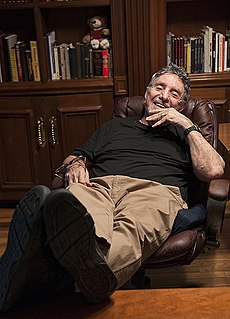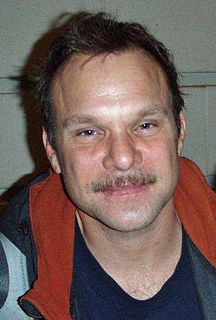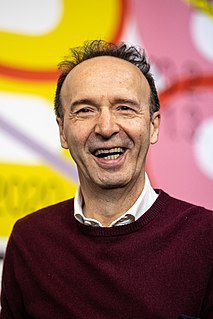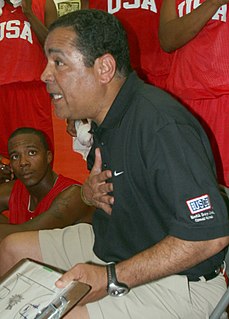A Quote by Claire Tomalin
I had forgotten until I looked up old notes that I sold the film rights of my first book, a life of Mary Wollstonecraft: there was a lunch, a contract, a small sum of money, then nothing.
Related Quotes
If I can give a young author any advice, whatsoever, never let anyone announce the film sale of your first novel. Film rights are sold to almost every novel, but it shouldn't be the lead story in your first engagement with the press. Then you end up getting reviews like "a novel made for the screen" and things like that.
Stephen King told me a long time ago, when he gave me some advice about the movies. He said to take the money up front and expect it to be something different than the book and if you don't like that don't deal with Hollywood. But if you take the money, shut up and don't criticize the film because you sold it. The movie doesn't change a word of the book.
He pointed the gun at me. Then he looked up at my hand & tilted his head slightly. - Journey, he said. I had forgotten I was still holding the book. - Céline, I said back in a whisper. - I love that book. - I'm only halfway through. - Have you got to the point where -- - Hey, kill me, but don't tell me the end!
Had a dog. I had many. I grew up in rural Washington before I moved to the Twin Cities in Minnesota, and my first dog was - his name first was Bear, but then it changed to Big, and he sort of looked like Old Yeller. And then we also had a three-legged dog named Foxy, who we found because her leg was in a trap.
I was at one of the lowest points of my life when we started this film [Dream of Life], except, of course, that I had two great children. But the film is not documenting a decline; it's documenting a rise up - first baby steps and then big steps up. The worst that could have ever happened to me had already happened. And so the film is on the ascent. And I think that gives it a nice spirit.
The financial collapse of 2008 got its start with predatory mortgages, that weren’t sold by community banks and credit unions, they were sold by fly by night mortgage brokers who had almost zero federal oversight and then the big banks looked over, saw the profit potential and they wanted it bad. So they jumped in and sold millions of these terrible mortgages while the bank regulators just looked the other way.


































